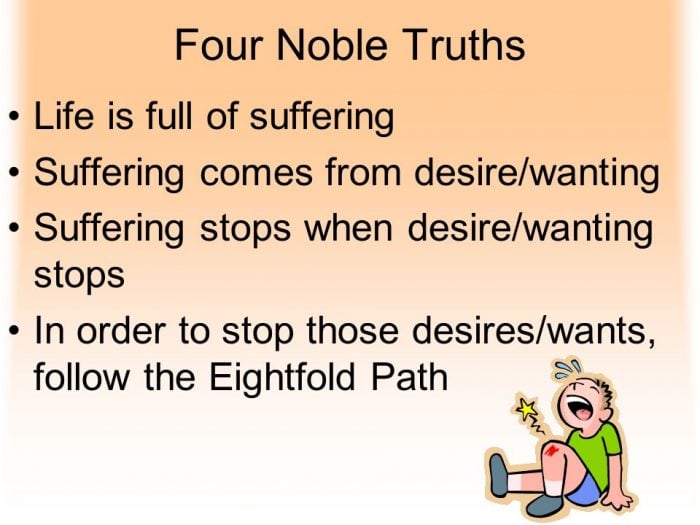I became a teen parent at seventeen years old after being married for over a year. I dropped out of high school and got my GED the October 1994, in May 1995 I attended graduation with my 6-month-old little boy on my hip. That night I spent it in the ER with a sick little boy who was feverish and diagnosed with a double ear infection. No family to support me. It was one of the loneliest nights of my life. I remember being excited all day. There was a party at a “fancy” restaurant for the graduates after the ceremony. I had bought a cute little romper, did my hair and makeup. Dressed my son in the cutest of outfits. I remember arriving to the graduation with my husband, we had argued in the car on the way. My dad wasn’t there. My siblings weren’t there and when I walked across the stage my mother, husband and step grandmother were outside smoking cigarettes. There was no one in the audience cheering me on. The isolation in my heart was real. That night it was me and my sweet little boy. I read him a story after we returned from the ER. We fell asleep on the couch with his little hands wrapped in my hair.
Years and four kids later, I found Buddha dharma and the Four Noble Truths. It was as if, the heavens opened, and I was validated for my years of suffering as a teen mom. Teen parenting is a unique type of suffering.
Let me explain: The first Noble truth is, “Life is full of suffering”, which leads to the second noble truth, “Suffering comes from desire/wanting”, suffering comes from expectations. It is the wanting things to be different than they are. That night of my graduation I wanted to be the center of attention. I wanted to be celebrated. I was still a kid myself after all. I wanted the graduation gifts and the pride I saw on my parents faces when my brother graduated. I wanted things to be different than they were, thus, life is full of suffering. There were many more moments like this through out my teen parenting. It happened again when he would cry nonstop. When I wanted to have a night out but no one to watch him. Oh, and the moments when people would judge me as a teen parent. When people would ask me if he was my mothers instead of mine. I wanted to be recognized as the parent and recognized as a GOOD parent. But the truth is, parenting is HARD! It is hard and no one is perfect. Not the seventeen-year-old mom and not the 27-year-old mom. It doesn’t HAVE to be hard. Yeah, yeah, I know we all see the “perfect” parents out there. The ones who never have a kid with snot coming out of their nose. The families that have BOTH parents sharing the load of parenting. Unfortunately, this is all an illusion. Just because your wee one cries non freaking stop for three solid freaking months, doesn’t make you a bad parent. Just because the lady next door has never ever once in their life forgot their kid at school doesn’t make her a good mom. Life is full of suffering. Just because you don’t see it doesn’t mean it isn’t real for all of us. And guess what, teen mama, it IS okay to ask for help but it is not okay to expect that help, which leads us back to the second noble truth of suffering comes from wanting.
Do you Want to know when I realized the third noble truth? After all four of my children were grown and I was facing an empty nest. “Suffering stops when desire/wanting stops”, suddenly I realized that, although I was not the “perfect” parent I had desired to be, I had been the best parent that I KNEW how to be. My wanting to not be the youngest mom at the PTA meeting suddenly stopped. My desire to have friends my own age stopped. My unrealistic expectations that I had placed on myself and frequently on my children, stopped.
The fourth and final noble truth is the cessation of suffering. How do we stop suffering? We “Follow the path”.
The path, alas simplified, is as follows:
Right view: It is learning to understand our position, where we are in life. It is accepting the situation. It is removing expectation of a destination, such as “I am a mom I have to_____ in order to be a good mom.”
Right intention: What is your intention as a teen parenting a child? Is your intention to do no harm? Is it to embracing good will and love? These are the guiding factors of right intention.
Right Speech, right action & right livelihood: Using kindness and clarity when speaking to and about your children. It is setting boundaries with your children. Right livelihood is being employed in a job that serves both your financial needs and your parenting needs.
Right effort: We do the best we know how to do, when we know better, we do better. Try…just try. You are going to make mistakes. You are going to yell when maybe in hindsight it was not the best of ideas. But did you try?
Right mindfulness: Mindfulness is presence of mind, attentiveness or awareness. Be attentive towards your children. When you are playing with them, play WITH THEM! Put the phone away. Stop the video games. Be in the present moment and don’t forget to have fun!
Right concentration: Spend time daily meditating. Taking care of yourself and concentrating on your mental health is one of the most important things you can do.
Develop wisdom: By following all the steps above you will undoubtedly gain wisdom. Every month, every year of raising your child, you will gain wisdom. Children are the best teachers and you are lucky to find your teacher so young. Is it hard? Hell yeah! It is hard! But every lesson worth learning is hard. You can do this, and you will do this and regardless of anything your children will grow up knowing you loved them, and you TRIED.


 Share on bsky
Share on bsky





Read 3 comments and reply